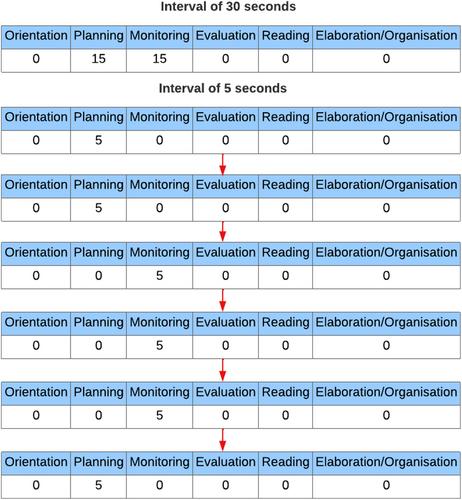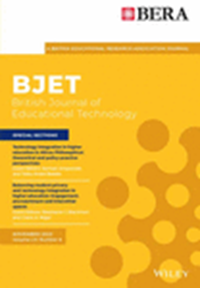Towards prescriptive analytics of self-regulated learning strategies: A reinforcement learning approach
Abstract
Self-regulated learning (SRL) is an essential skill to achieve one's learning goals. This is particularly true for online learning environments (OLEs) where the support system is often limited compared to a traditional classroom setting. Likewise, existing research has found that learners often struggle to adapt their behaviour to the self-regulatory demands of OLEs. Even so, existing SRL analysis tools have limited utility for real-time or individualised support of a learner's SRL strategy during a study session. Accordingly, we explore a reinforcement learning based approach to learning optimal SRL strategies for a specific learning task. Specifically, we utilise the sequences of SRL processes acted by 44 participants, and their assessment scores for a prescribed learning task, in a purpose-built OLE to develop a long short-term memory (LSTM) network based reward function. This is used to train a reinforcement learning agent to find the optimal sequence of SRL processes for the learning task. Our findings indicate that the developed agents were able to effectively select SRL processes so as to maximise a prescribed learning goal as measured by predicted assessment score and predicted knowledge gains. The contributions of this work will facilitate the development of a tool which can detect sub-optimal SRL strategy in real-time and enable individualised SRL focused scaffolding.
Practitioner notes
What is already known about this topic
- Learners often fail to adequately adapt their behavior to the self-regulatory demands of e-Learning environments.
- In order to promote effective Self-regulated learning (SRL) capabilities, researchers and educators need tools that are able to analyze and diagnose a learner's SRL strategy use.
- Current methods for SRL analysis are more often descriptive as opposed to prescriptive and have limited utility for real-time analysis or support of a learner's SRL behavior.
What this paper adds
- This paper proposes the use of Reinforcement Learning for prescriptive analytics of SRL. We train a Reinforcement Learning agent on sequences of SRL processes acted by learners in order to learn the optimal SRL strategy for a given learning task.
Implications for practice and/or policy
- Our work will facilitate the development of a tool which can detect sub-optimal SRL strategy in real-time and enable individualized SRL focused scaffolding.
- The implications of our work can aid in course design by predicting the self-regulatory load imposed by a given task.
- The ability to model SRL strategies using Reinforcement Learning can be extended to simulate or test SRL theories.


 求助内容:
求助内容: 应助结果提醒方式:
应助结果提醒方式:


